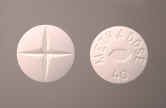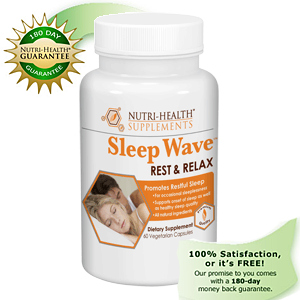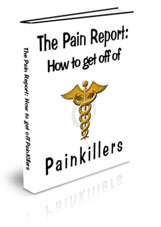Is Methadone An Opiate?
Is Methadone An Opiate?
Well yes and no. The question “Is methadone an Opiate” is a little misleading. An Opiate is usually referring to natural opiates made from the resin of the Opium Poppy plant. An Opioid refers to synthetic or man-made drugs that act or mimic opiates. Such synthetics are Methadone and Fentanyl and some semi-synthetics are Oxycodone and Hydrocodone. Some believe and it may be true that opiates made from Opium Poppy resin such as Heroin, Codeine and Morphine may actually be easier to kick than the synthetic counter parts because the fact that the synthetics are man-made, in a purer state and engineered for one purpose which is to kill pain. This being said it may explain why synthetics have been historically harder for people to kick than natural opioids.
Is Methadone An Opiate?
So asking the question “Is Methadone an Opiate” is technically No, but is it addictive like regular opiates? YES, and then some! If you look at the news and the nations epidemic of painkiller abuse you can see the main pills of choice are hydrocodone and oxycodone because they are so addictive. Methadone is also a synthetic but it is used for maintenance programs known as “Methadone Maintenance” for people who are “trying” to get off heroin and other opiates. Methadone is supposed to be used for a short term and used to ween a person off of heroin, but the issue of it being harder on the body and way more addictive is a contributing factor of people remaining on methadone for many years at a time, sometimes not ever being able to get off.
The same equation goes for Suboxone or Subutex. These drugs, also synthetic opioids, are used to help people ween off of and get away from regular opiates they have become addicted to. Many times people stay on them way too long and by long that can mean just a few short weeks to several months. The result can mean many years of use of these drugs that were meant for short term usage.
Is Methadone An Opiate?
Is methadone an opiate? Well at this point does it really matter? Yes and No but the fact remains it is still a highly addictive substance that people don’t know the magnitude of the

Methadone Pills
ramifications of its addictive powers. Stay away from methadone if you can, in fact you can stay away from it, just don’t do it at all. The reason they use it for treatment of opiate addiction is it has the effect of blocking the euphoric effect of opiate drugs. This means the person who does methadone and then tries to go get high, will experience nothing except maybe an overdose is Symoron, Dolophine, Amidone, Methadose, Physeptone, Heptadon and Phy.
The effects of methadone are long lasting and longer than that of opiate based drugs. The withdrawal time from methadone is also shown to be twice as severe than regular opiates. It’s not surprising that people who become addicted to methadone stay on it for a long time before getting off, if they successfully get off.
See this post for a list of methadone withdrawal symptoms and then ask yourself is methadone an opiate?













